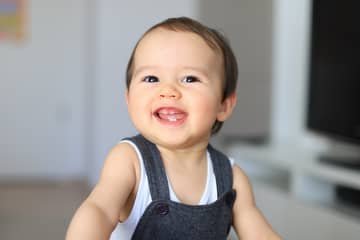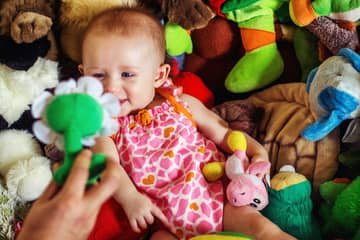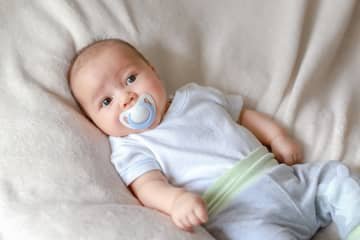Child development
Every mother carefully monitors the development of her child after weeks and months. He is interested in whether the child at 1 month, 2, 6 months or 1 year can do what the tables prescribe, or is slightly behind in something. This is a natural phenomenon, every small progress is a success. After 9 months of pregnancy, it's amazing to watch a little human reaching developmental milestones at the set age. Psychomotor development must, of course, be monitored, but it must not be forgotten that each child is individual and may progress in one phase of development, while in another they may lag slightly behind, or begin to develop later. Some characteristics are typical for a child of a certain age, but they may not be defining. What should a child be able to do in 4 weeks, 6 or 18 months? When does the baby start to "herd horses", when should the second uprighting occur, and when should the child stand up and take the first steps?

12-month-old baby (child) - development, diet, sleep, exercises, toys. See what it can do

11-month-old baby (child) - development, diet, sleep, exercises, toys. See what it can do

10-month-old baby (child) - development, diet, sleep, exercises, toys. See what it can do

9-month-old baby (child) - development, diet, sleep, exercises, toys. See what it can do

8-month-old baby (child) - development, diet, sleep, exercises, toys. See what it can do

7-month-old baby (child) - development, diet, sleep, exercises, toys. See what it can do

6-month-old baby (child) - development, diet, sleep, exercises, toys. See what it can do

5-month-old baby (child) - development, diet, sleep, exercises, toys. See what it can do

4-month-old baby (child) - development, diet, sleep, exercises, toys. See what it can do

3-month-old baby (child) - development, diet, sleep, exercises, toys. See what it can do

2-month-old baby (child) - development, diet, sleep, exercises, toys. See what it can do
